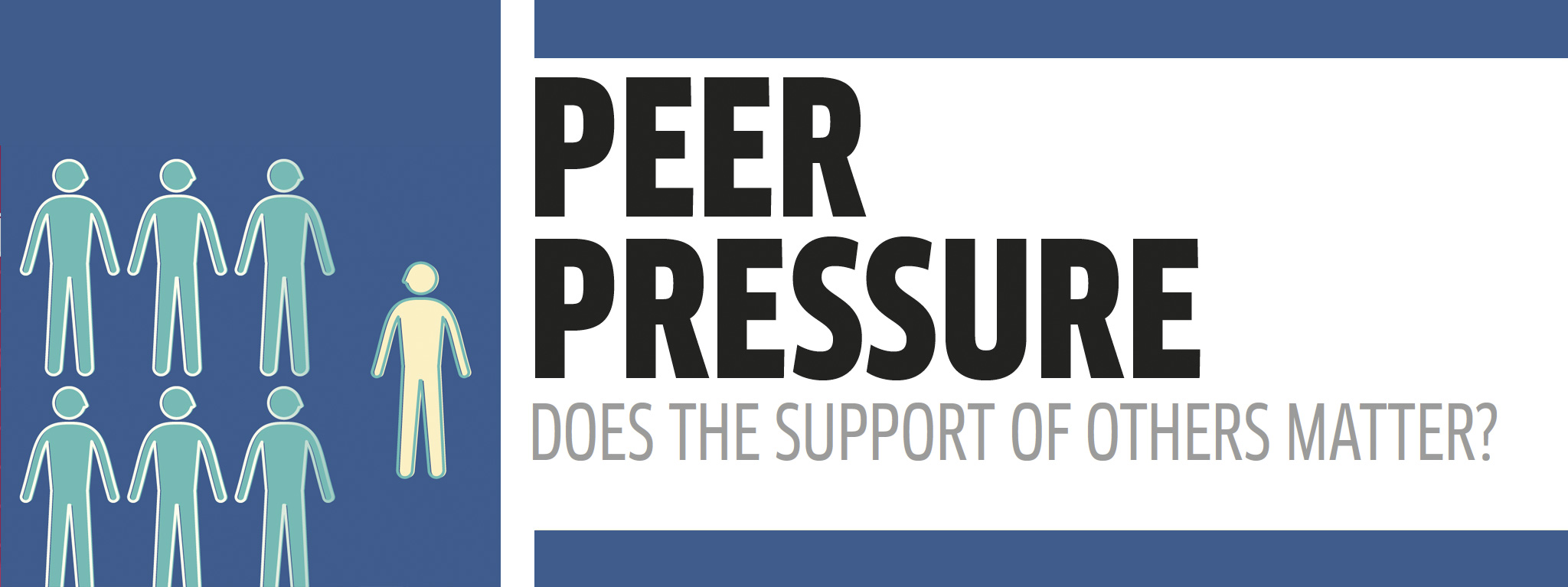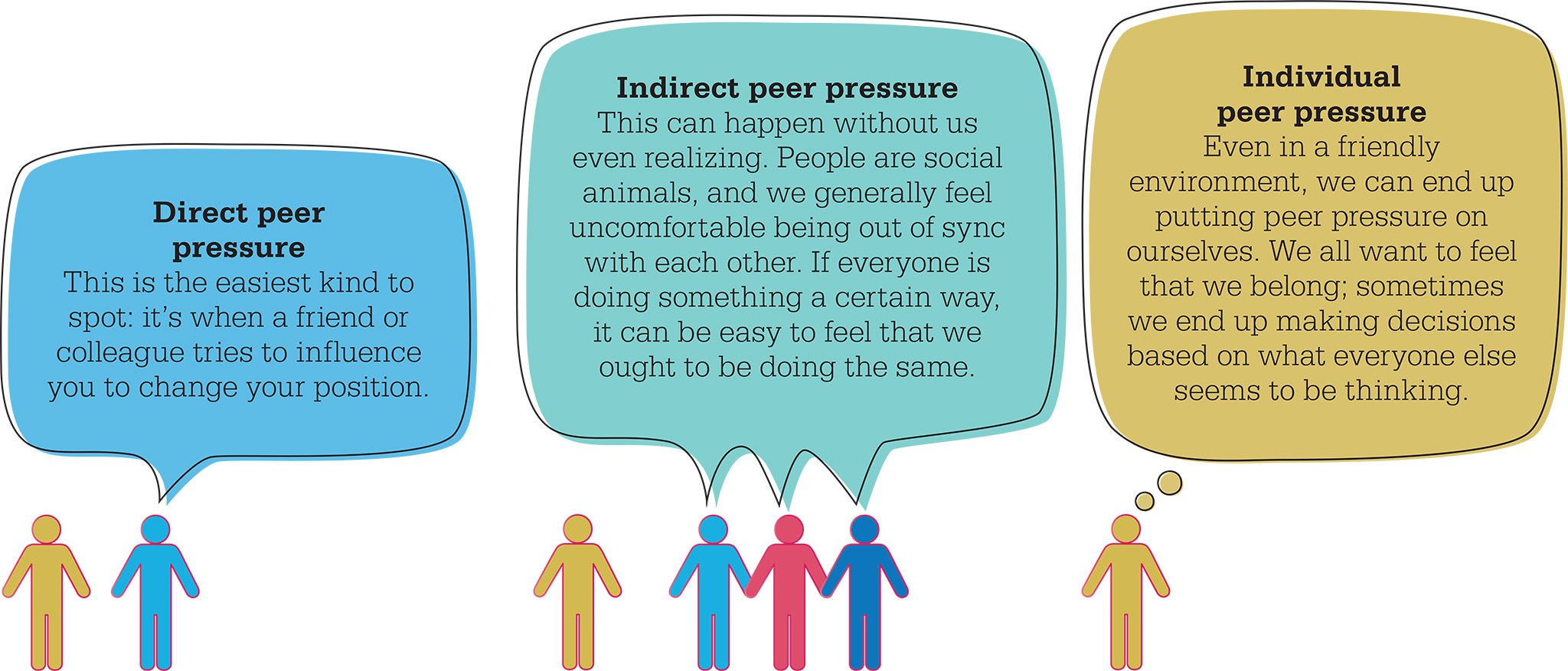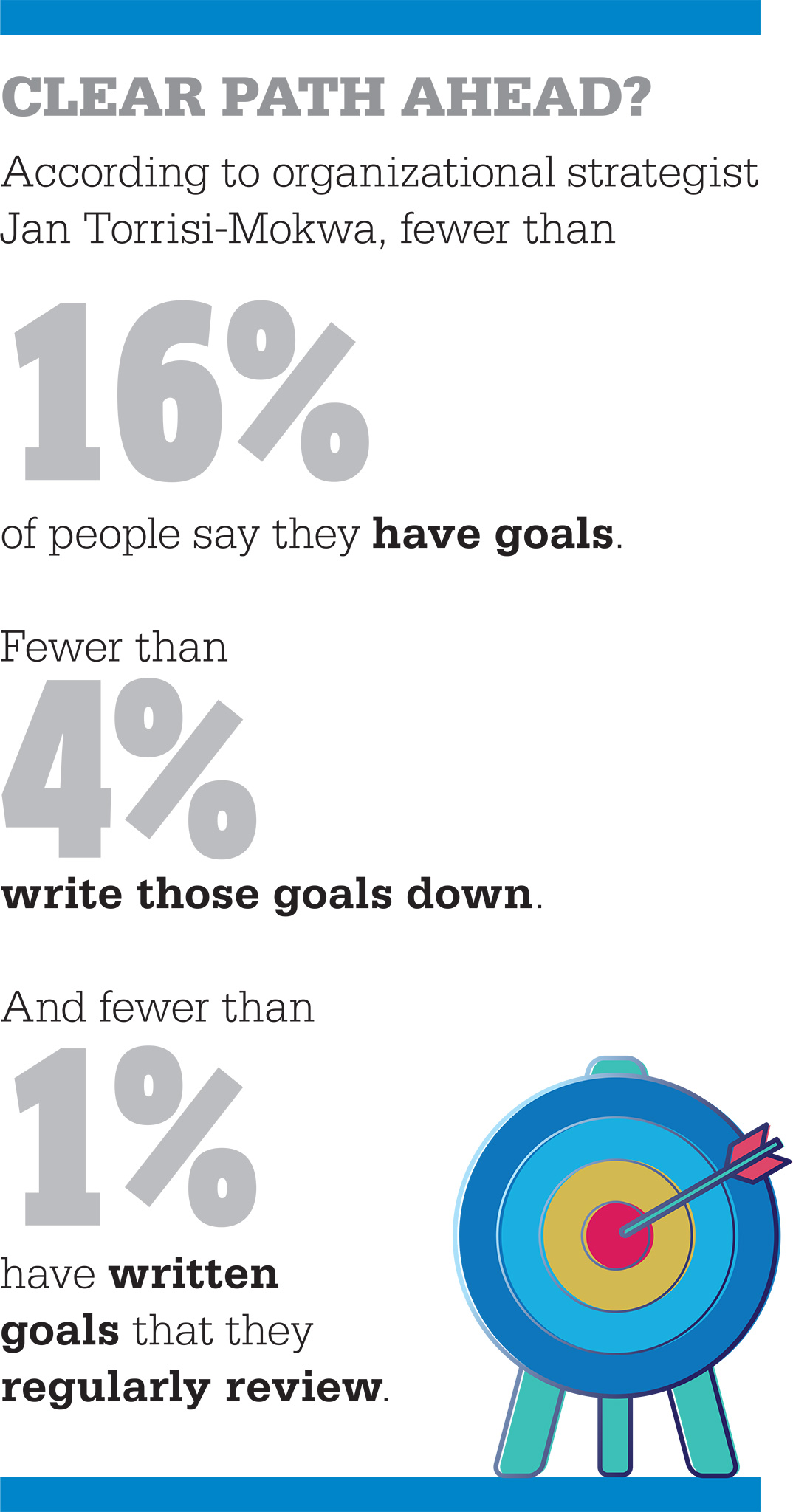
We all love a rebel, but must success mean being a rugged individualist? Actually, if you get it right, social influence can work in your favor. You’re more likely to thrive if you have a positive group around you.
When we hear the words “peer pressure,” we may think about experiences at school in which we felt pushed to do something we didn’t want to do or that we knew was wrong. That feeling is something we never outgrow: people survive by working together, and it’s natural to want to please those around us.
Resisting the negative
Sometimes peer pressure can make us act against our better judgment. What should we do in such situations? Sometimes we need to resist directly, but we can also resist more gently— by setting an example. You can turn people’s natural conformity to your advantage: if you are openly tolerant and nonjudgmental, you create an environment in which accepting difference is the “normal” thing to do. Setting an example is less confrontational than arguing, and it may also be more effective.
Good pressure
But is peer pressure always a bad thing? It can actually be turned to our advantage. For example, we can use our wish for group harmony for the greater good, or form a team to support each others’ aims.
There’s nothing like a public commitment to motivate us—even a small one makes a difference. A 2013 US study found that a public signup sheet made people join an energy-saving program more than a reward of $25 did. Although the cash raised the numbers of participants from 3 to 4 percent, the signup sheet increased the number from 3 to 9 percent. Feeling that your reputation may suffer if you opt out can be a greater impetus than money.
That’s a negative incentive, but there are also some more positive ones. In 2011, the St. Louis Business Journal interviewed three women— Gail Taylor, Zundra Bryant, and Sarajeni Hammond—who’d taken part in a course by consultant Jan Torrisi-Mokwa. The results were impressive. The women had formed a group, written letters outlining their goals in specific terms, given themselves a narrow timeframe, and acted as a support network to each other. As a consequence, they met “audacious” goals. By holding a monthly “accountability meeting,” they were able to provide each other with both support and positive pressure to keep their progress on track.
Of course we want to feel proud of ourselves, but don’t be shy of looking to friends and allies for feedback and support. For these things, you need the right kind of peer: the path to success can sometimes be a team effort.
 Overshooting Your Influences
Overshooting Your Influences
A 2015 US study found that social pressure can backfire. When a company tried to make employees sign up for a retirement plan by telling them that 75 percent of their colleagues had already done so, enrollments actually fell from 10 percent to 6.3 percent. The researchers concluded that people felt their colleagues must be so far ahead of them there was no point trying to compete. The lesson may be that when selecting your “peers,” it is better to choose people you can realistically measure up to.
 three different kinds of pressure
three different kinds of pressure
Entrepreneur Sriram Bharatam identifies three kinds of peer pressure:


